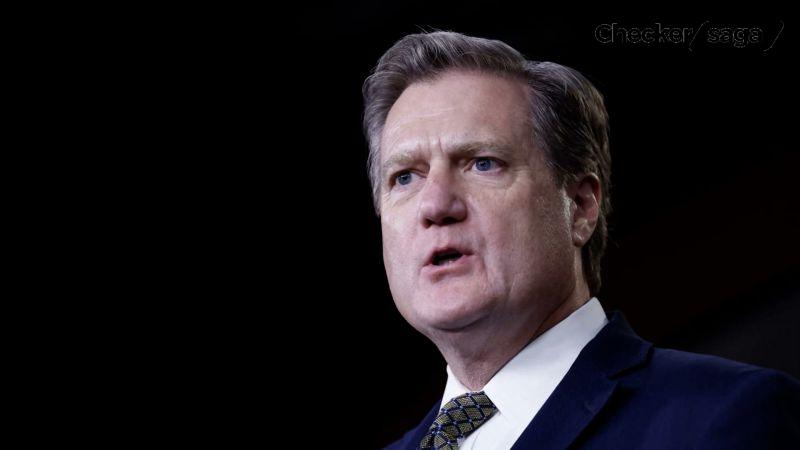In a surprising turn of events in Washington, Rep. Mike Turner has been ousted from his position as the chair of the House Intelligence Committee. This unexpected change has raised eyebrows, not just within Congress, but across the country. Certainly, this decision marks a significant moment in the ongoing political landscape and has many asking: what does this mean for the future?
The Reasons Behind Turner’s Ousting
Turner, who has been the chair of the Intelligence Committee, faced concerns that were amplified in recent discussions. Reports indicate that there were issues stemming from both inside and outside Congress, with many voicing discontent regarding how intelligence resources and information were handled under his leadership. Moreover, certain allegations tied to organizations like Mar-a-Lago, a well-known resort owned by former President Donald Trump, were brought to the forefront, leading to serious discussions about trust and competency in leadership.
Who Will Replace Mike Turner?
Following Turner’s removal, Speaker Johnson has quickly named Rick Crawford as the new chair of the Intelligence Committee. Crawford is expected to bring a fresh perspective to the role, and many believe his background may address some of the issues that arose during Turner’s tenure. Brian Lawson, a political analyst, noted that “Crawford’s experience in intelligence matters could help restore confidence in the Committee.”
Reactions from Lawmakers
The response from fellow lawmakers has been mixed. While some are celebrating the change, arguing that it was necessary for accountability, others have expressed concern about the implications this might have on the ongoing operations of the Intelligence Committee. Senator Alex Martinez remarked, “This change is crucial; we can’t afford to have our intelligence mishandled.” However, other lawmakers worry that this shift might cause more instability within a committee so vital for national security.
What This Means for Future Intelligence Oversight
The Intelligence Committee plays a critical role in overseeing intelligence operations, ensuring that the information collected is collected responsibly and ethically. With a new leader at the helm, questions arise about how oversight will change. Experts suggest that Crawford will likely push for a more transparent approach, which could include greater public accountability and more stringent checks on how intelligence is used.
The Impact on National Security
What does all this mean for national security? The answer could very well depend on how effectively Crawford can navigate what are sure to be challenging waters ahead. Progress in intelligence oversight is not just a matter of legislative changes but also of public trust. As Turner steps down, the security of classified information and the nation’s trust in intelligence operations hang in the balance.
A New Era at the Intelligence Committee
With Turner’s departure, many are watching closely to see what changes will take place. Will Crawford’s leadership usher in a more effective and responsible way of managing intelligence? Or will it lead to more political bickering and confusion within Congress? As the story unfolds, one thing is clear: this is a pivotal moment for the House Intelligence Committee, and the effects of this decision will ripple through the political landscape for some time to come.
























